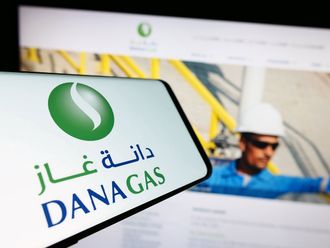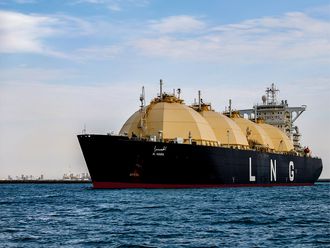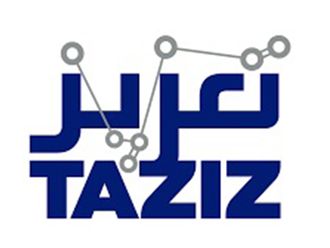Tehran/Dubai: Global oil market supply and demand is balanced, Opec rivals Saudi Arabia and Iran said at the weekend after oil prices slumped on Friday on renewed global economic worries.
Leading exporter Saudi Arabia and its price-dove Gulf Opec allies raised production in June after failing to convince Iran and other price hawks to agree an official Opec increase to make up for a lack of Libyan oil.
Iran, along with Venezuela and Algeria, argued back then the global economic outlook was too uncertain to up production, rejecting Opec advisory panel advice that more oil would be needed in the months that followed.
The Organisation of Petroleum Exporting Countries has since cut its forecast in response to a gloomy economic outlook.
And, for now at least, Saudi Arabia and Iran, the two Opec members which are often at odds over production policy, agree the market is balanced.
The market is "currently characterised by a balance between supply and demand," Saudi state news agency SPA quoted Saudi Oil Minister Ali Al Nuaimi as saying on Saturday.
"The kingdom is ready to play its positive role for the stability of the market."
Iran's Opec governor Mohammad Ali Khatibi told the semi-official Mehr news agency yesterday that a slide in crude prices, with Brent down about $14 a barrel (Dh51.38) since early August, had vindicated opponents of the Saudi-led production push in June.
"Unlike the predictions of some Arab countries, demand has absolutely not increased," Mehr quoted Khatibi as saying. "In the current situation, there is a relative balance in the global market between oil supply and demand ... there is no need to increase Opec's production ceiling."
Iran, which holds the rotating Opec presidency, usually pumps as much as its creaking oil sector will allow but opposes Opec production increases because of their potential to reduce per barrel sales revenues.
Benchmark crude drops
Benchmark crude prices have fallen around $25 (Dh92) from April's $127-a-barrel peak as concern that Europe's debt crisis could drag down global demand, and the prospect of Libyan oil returning to the market, weigh on prices.
Despite the slide, oil policy officials in the capitals of Saudi Arabia, Kuwait and the United Arab Emirates said last week they do not expect to cut back production to support prices unless crude prices fall much lower.












